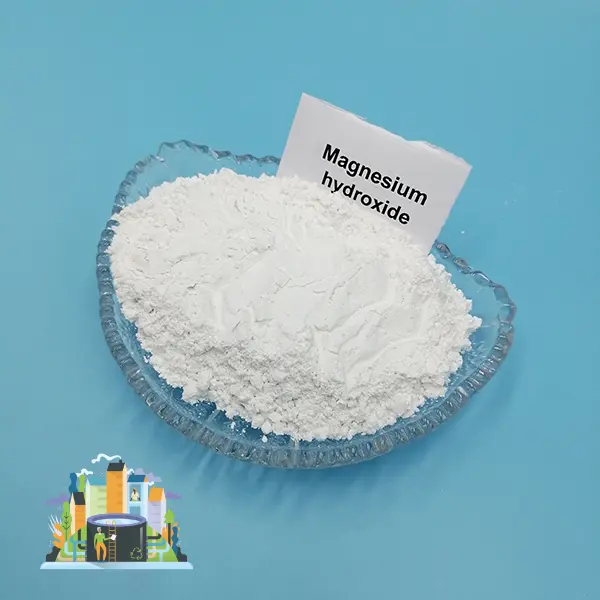Hebei Messi Biology Co., Ltd. stated that leaf spot is an important leaf disease of mango, causing a decrease in mango yield and quality. The pathogenic bacteria is Phomopsis mango leaf spot pathogen. Nanomagnesium hydroxide is simple to prepare, environmentally friendly and has a broad antibacterial spectrum, and is widely used in the antibacterial field.
Recently, the Key Laboratory of Biopesticides and Chemical Biology of the Ministry of Education, School of Plant Protection, Fujian University, synthesized and prepared three kinds of nano-magnesium hydroxide with different morphologies, named MHNPs-MgO600, MHNPs-MgO80 and MHNPs-MgCl2 respectively, using X- The sizes of the three nanoparticles on the (101) plane were calculated by XRD and Scherrer’s formula, which were 60.50, 11.63 and 13.52 nm respectively. Three kinds of nano-magnesium hydroxide were characterized by scanning electron microscopy, specific surface area analyzer and Zeta potential analyzer. They were regular sheet-shaped, petal-shaped and hexagonal, and had great differences in specific surface area, surface charge and other characteristics. difference.

The plate coating method was used to calculate the inhibitory rate of nano-magnesium hydroxide on pathogenic bacteria. It was found that all three types of nano-magnesium hydroxide can effectively inhibit the growth of mango leaf spot pathogen, and MHNPs-MgO80 with the largest specific surface area and the smallest zeta potential has the best inhibitory effect. , and the inhibitory effect becomes more obvious as the mass concentration of magnesium hydroxide increases. The inhibitory effects of different nano-magnesium hydroxides on the pathogenic bacteria of mango leaf spot were compared, and it was found that the specific surface area and Zeta potential are the main factors affecting the antibacterial effect.
The above research results provide relevant scientific basis and technical support for the selection of efficient and environmentally friendly nano-magnesium hydroxide antifungal preparations. As of February 20, 2022, magnesium hydroxide has not yet been registered as a pesticide in my country.
